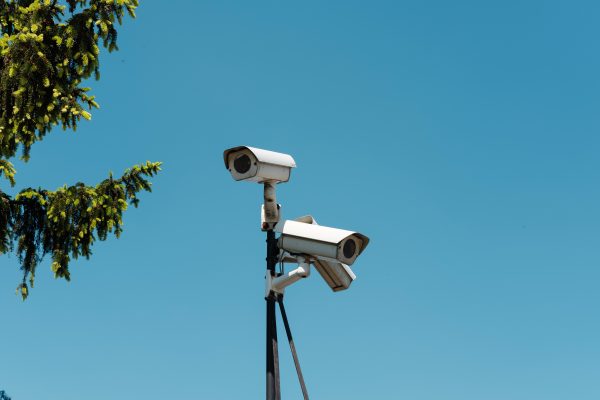On January 30, President Ilham Aliyev, signed a decree “on the procedure for the operation of the State Control Information System”, reported Turan News Agency. The information system was set up in March of last year when President Aliyev, introduced it in a new order. At the time, local media reported that the order aims at introducing “additional measures to increase efficiency in public administration, informs the press-service of the Azerbaijani head of state.”
On paper, the new system “serves to increase the efficiency of work in the Administration of the President, in the field of organizing state control and ensuring executive discipline, electronic monitoring of the status of execution of decrees, orders, and instructions of the President of the Republic of Azerbaijan, First Vice President, and the head of the Presidential Administration.”
But what does it mean in reality?
A few things according to Khaled Aghaliyev. While there is a need for transparency, checks and balances on government implemented decisions, documents, and policies, whether the new system allows for that is yet to be seen. “This system should be accessible to everyone”, said Aghaliyev in an interview with Astna on February 6. However, the new decree does not provide “direct indications of this”. There is also the issue of track record.
Aghaliyev in his interview mentioned the law “On Freedom of Information” that was adopted 15 years ago. However, over the years, too many changes were made to the law that its accountability power over holders of information which also includes the president as well as all other officials, has been weakened. Had the provisions of the law on Freedom of Information worked, there would be no need for creating a new system believes Aghaliyev.
As for access to the information, a series of amendments to the Law on Right to Obtain Information have hindered the right to access information. As a result of these changes, access to information was only allowed in cases when the request did not contradict the protection of political, economic, military, financial, credit, and currency interests of the Azerbaijan Republic. That in addition, “preserving public order, health, and morality, as well as rights and freedoms of other persons, commercial and other economic interests, the purposes of securing reputation and impartiality of the court and proper continuance of preliminary investigation on criminal cases.” But the use of such expressions as “protection of interests in political, economic, military, monetary and currency policy fields” according to this review of Azerbaijan’s national legislation on access to information, is not only not acceptable but, in fact, goes against the Constitution of Azerbaijan.
These shortcomings have been highlighted in a series of reports produced by local organizations such as the Center for Legal Initiatives. In its 2016 report, the organization also reported that the new amendments categorized information on financial transactions data as private information and therefore restricted for access. Meanwhile, an amendment to the laws of state register of legal persons and to the Tax Code, classified information about founders of commercial legal entities and commercial stakes as confidential.
Under normal circumstances, the most effective, the proven control mechanism is the mass media. However, in Azerbaijan, independent media, is often silenced, through various forms of persecution, including arrests, detentions, intimidation tactics, blackmail, and more. As a result of persistent threats to an independent media environment Azerbaijan’s rankings on global media freedom rankings have been poor, often described as not free, or partially free.
The same applies to online media platforms, many of which have been targeted over the years and since 2017, consistently blocked by government bodies.
Why now?
On February 1, President Aliyev in an interview with national television AzTV said, a new approach has begun within the state administration. “My patience running thin”, said the President in an interview, adding the need for public control. He has said this before too, like during the trip to Mashtaga village outside of the capital Baku in 2018, where yet again, President Aliyev talked about strengthening public control. Then in 2019, he repeated the urgency of such control mechanisms during a meeting with the Cabinet of Ministers. But since his ascent to power in 2003, President Aliyev, has himself (through presidential decrees and orders) deliberately weakened public oversight. That in addition, to harassment of non-governmental organizations, tightening of domestic legislation, the arrest of activists and outspoken critics of the government, among them journalists and rights efenders – have all been taking place under his watch. Perhaps a good place to start would have been naming the new system, not State Control but Public Control?
Regardless, Azerbaijan Internet Watch shares the concerns over the applicability and efficiency of the new system in the absence of reforms and will continue to monitor the developments regarding the newly set up system on information controls.
